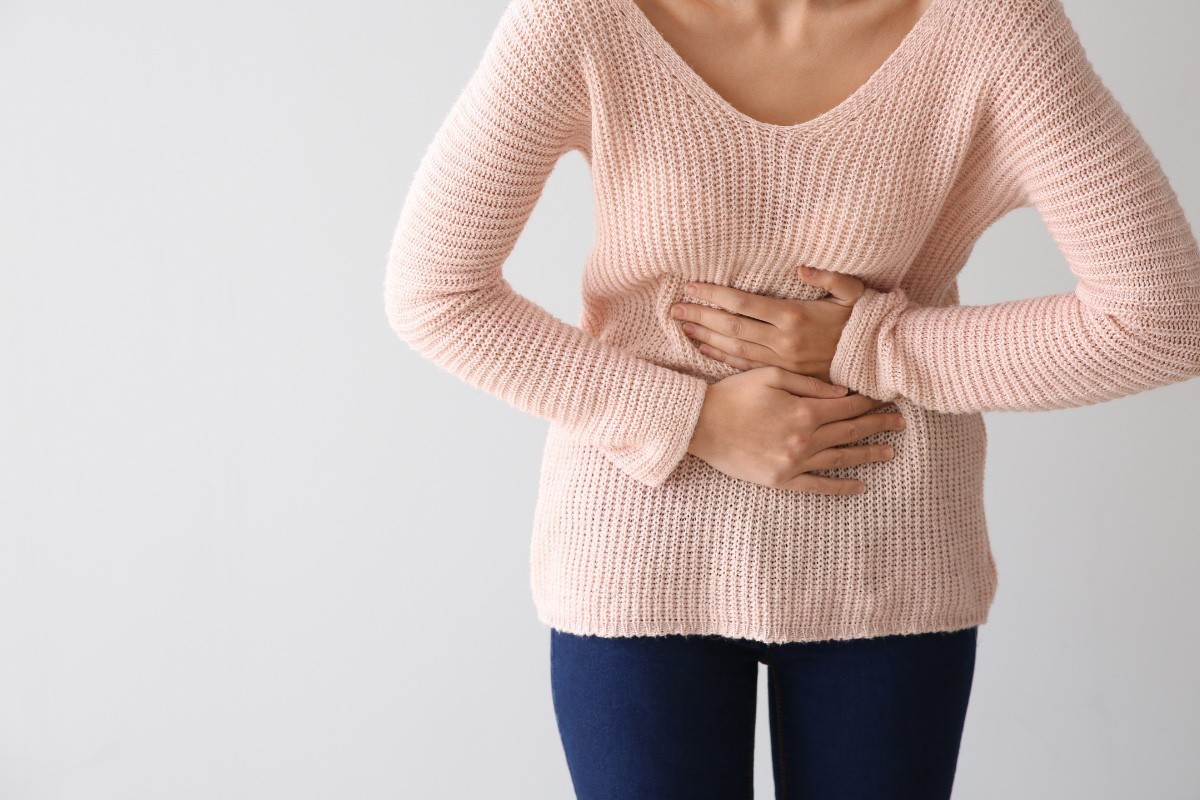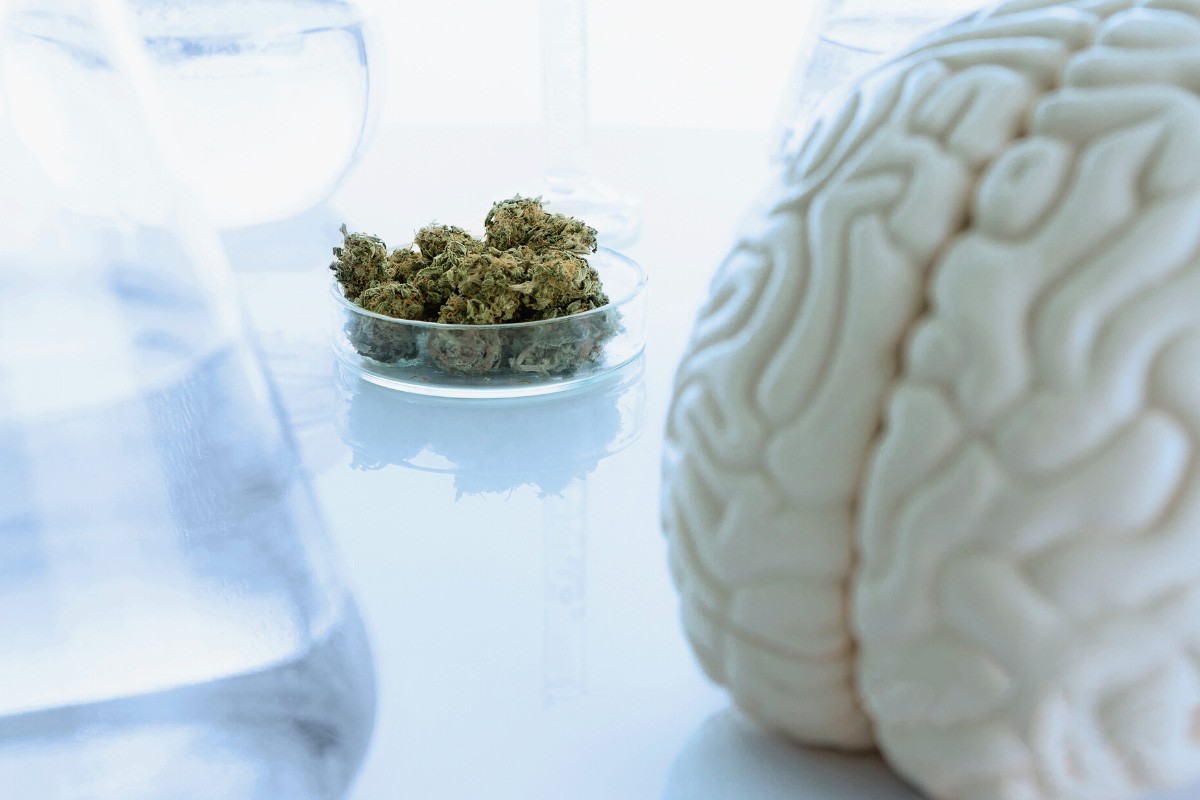| Endometriosis Day |
What is endometriosis?
Endometriosis is a disease that affects about 8-15% of all women. Affected women usually suffer from severe and cramping pain during menstruation, which can radiate from the abdomen to the back and legs. In addition to pain nausea, dizziness and gastrointestinal symptoms are also common. About 40-60% of all women unable to conceive suffer from endometriosis, so this disease also presents a high psychological burden for those affected. The cause of endometriosis lies in cysts and inflammatory spots (endometriosis spots), which resemble uterine tissue and show cyclical fluctuations. However, since these cannot be discharged with menstruation, long-term tissue scarring and hardening occurs. A diagnosis for endometriosis can only be confirmed by performing a laparoscopic procedure to microscopically examine the altered tissue.
How can endometriosis be treated?
The most effective treatment method is the surgical removal of all endometriosis spots. In addition, pain therapy with medication and hormonal treatment to prevent the build-up of uterine tissue is prescribed. However, this therapy is often accompanied by considerable side effects and further limits the fertility of the affected women. In recent years, medical cannabis has been increasingly used to treat endometriosis due to its anti-inflammatory properties. As a positive side effect, the administration of medical cannabis also leads to a subjective improvement of abdominal pain, sleep disorders and gastrointestinal symptoms. Furthermore, medical cannabis can contribute to an alleviation of anxiety symptoms and depression.
Current state of research investigating the efficacy of medical cannabis for the treatment of endometriosis
Study 1)
The research team led by Justin Sinclair of Western Sydney University in Australia conducted an online survey to investigate what strategies women with endometriosis use to manage their pain.
In addition, the self-perceived efficacy and tolerability of cannabis in endometriosis was to be determined. To do this, a total of 484 completed questionnaires from Australian women between the ages of 25 and 36 were analyzed.
Study procedure
The researchers divided symptom management strategies into three categories: physical (for example, through exercise or stretching exercises), psychological (such as meditation or targeted breathing exercises), and changes in daily life (which included dietary changes, alcohol consumption, or cannabis use).
Seventy-six percent of women reported using symptom management strategies within the past 6 months. Among these women, 48 (13%) reported having used cannabis. This online questionnaire did not report the composition of cannabis products used (ratio of THC/CBD). To assess symptom severity, a questionnaire was used that assessed impairment due to abdominal pain in several domains: energy level, mood, sleep quality, digestion, sitting, working or studying, physical activity, and wearing tight clothing.
Results of the study on the efficacy of cannabis in endometriosis
The women who used cannabis for symptom management also reported higher levels of impairment when responding to these questionnaires. Assessments of cannabis efficacy were examined on a scale of 0 to 10. Here, women reported a perceived efficacy of 7.6 on average, with 10 reflecting the strongest efficacy. Among the 48 women who used cannabis for symptom management, all women were able to reduce their use of other pain medications, with 27 women reducing their use by more than half. In addition, cannabis use was able to improve other symptoms common to endometriosis apart from abdominal pain (sleep disturbances, depression, anxiety, nausea, and gastrointestinal system problems).
Study 2)
The same research team published another study in 2021 to assess the effectiveness of cannabis for symptom relief of endometriosis.
Study procedure
This study was a retrospective cohort study based on data from an app that collected self-reported information from women with endometriosis. A total of 252 women were enrolled in this study, who used the app to assess their symptoms before and after administering cannabis. In addition, information was collected on the form of administration. From 2017 to 2020 a total of 16.193 entries were entered into the app, which were analyzed for this publication. Treatment success was measured by comparing the severity of symptoms before and after the administration of cannabis products.
Results of the study on symptom relief of endometriosis by the administration of cannabis
On average, the patients using cannabis to relieve their endometriosis symptoms were 35 years old and administered cannabis over a period of 5-6 months. The most common form of application was inhalation with about 67%. For inhalation, the women used cannabis products with a higher THC content with a THC:CBD ratio of 90:10, whereas oral products had a higher CBD content. The patients reported taking cannabis mainly to relieve their pain.
Cannabis significantly alleviated pain and gastrointestinal symptoms and improved the patients’ mood. Inhalation of cannabis products resulted in the best symptom relief for pain due to the rapid onset of action. This can also be attributed to the higher THC content. Oral ingestion of cannabis showed better relief of gastrointestinal symptoms and was more effective in improving the mood of the women. In this case, the effectiveness can be attributed to the higher CBD content. CBD works by modulating serotonin receptors and thus has an anti-inflammatory effect on the human body.
Overall, cannabis products showed a higher efficacy in older female patients, as they reacted more sensitively to the intake.
Conclusion
Sinclair and colleagues showed that cannabis use resulted in significant subjective improvement in abdominal pain, sleep, anxiety, and depression, as well as gastrointestinal system problems. In addition, cannabis reduced the use of other pain medications. In their second study, the research team was able to prove that different forms of administration are more effective than others for individual symptoms. In particular, the inhalation of THC-rich cannabis products leads to effective and significant pain relief, while the oral intake of CBD-rich products alleviates gastrointestinal symptoms.
This study provides evidence for the efficacy of cannabis in the treatment of endometriosis.
Medical cannabis can therefore be used as a non-hormonal therapy to alleviate various symptoms of endometriosis – a promising new possibilities for women’s health.







